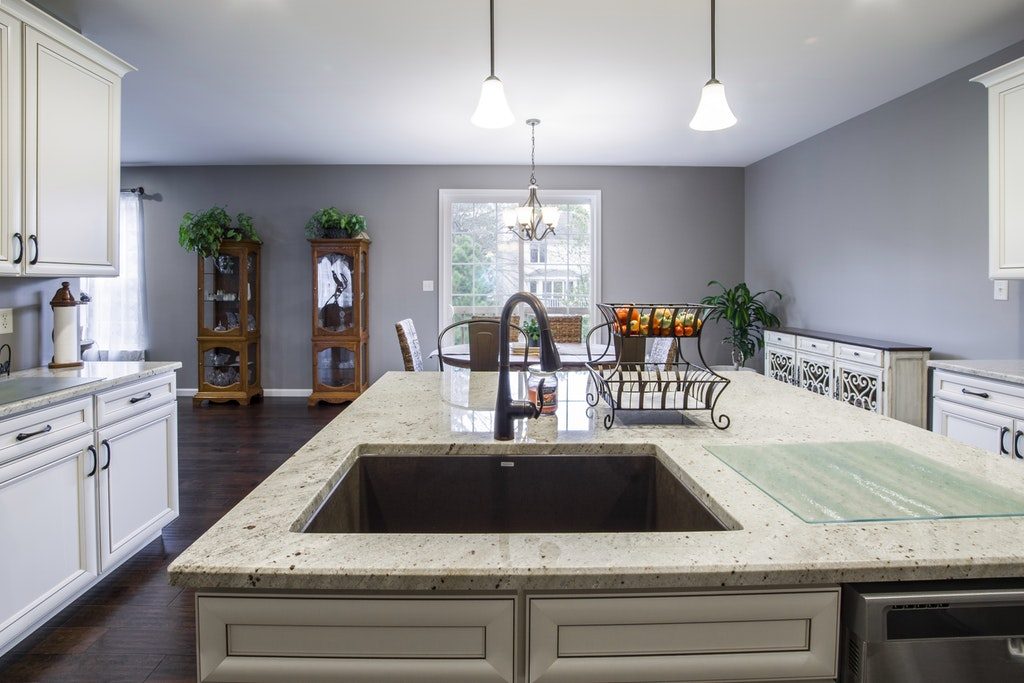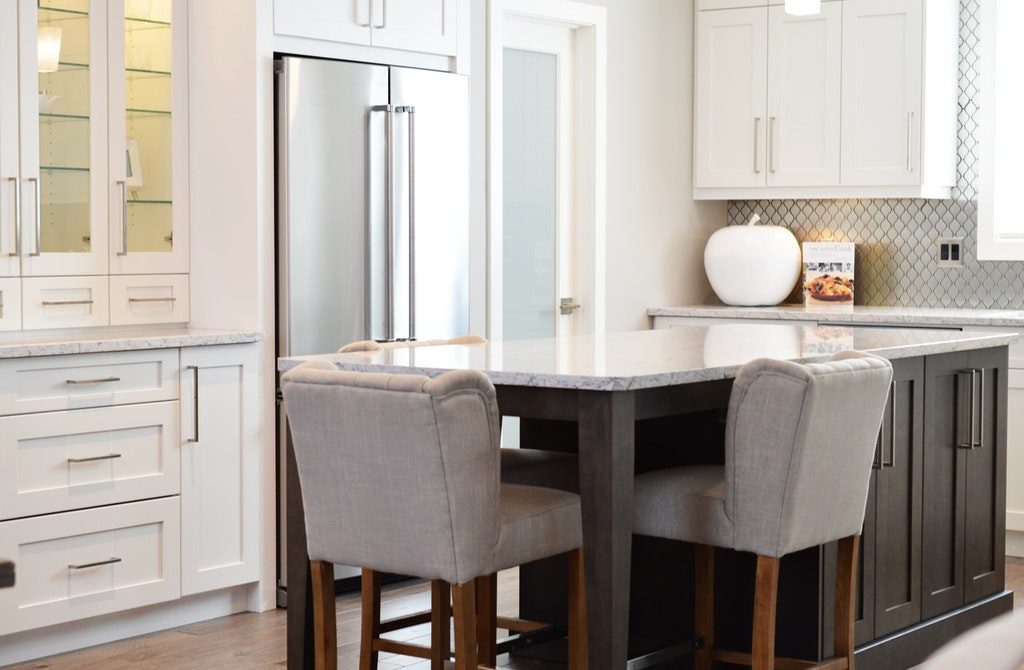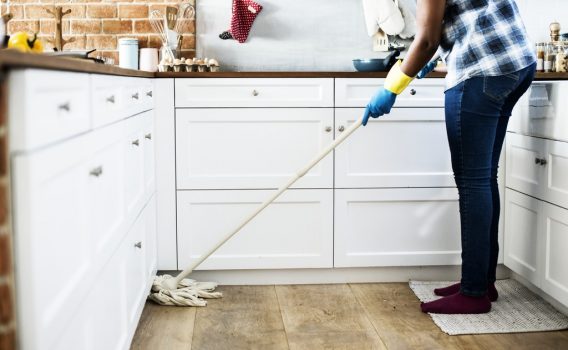At first glance, your kitchen may seem like a deceptively easy room to pack. Because so many of your kitchen items are stored behind cabinets, in drawers and even in the pantry, you may underestimate the scope of this project. The reality is that the kitchen may be one of the more labor-intensive rooms to pack because of the number of items in a typical kitchen and the special care that many items require. By walking through a few steps from cheapmoversnyc.net, you can tackle this big moving project efficiently while also keeping your belongings safe from damage when they are en route to your new home.

Keep the Essentials Out
You may use your kitchen for meal prep up until the day of your relocation. You understandably need access to at least a few utensils. Some people will use paper plates and plastic utensils for a few days leading up to a move, but you may still need a cookie sheet, a pot or something else.
Create a meal plan that extends to your moving day so that you can determine which items can be packed up and which items should be left out. Remember to focus on pantry items as well when you decide which items to pack right away.
Remove Unwanted Items
Your kitchen cabinets and drawers may be crammed with items that you have not used in years. If you have not used something within the last year or two, there is a good chance that you may not need it in the future.
Consider donating kitchen items that are no longer useful to you. As you pack boxes, keep a separate box to the side that you place donation items in. By taking this important step, you can reduce the number of items that must be packed and later unpacked in your new home.
Focus on Heavier Items First
Your kitchen likely contains many large and heavy items as well as numerous fragile items that must be handled with care. All boxes should be packed with weight in mind, but you also should try to cluster as many items from the same cabinet or drawer together. Lighter boxes are easier to maneuver, so dropping them may be less likely.
In addition, clustering items together make it easier to unpack boxes in your new home. Consider packing the bottom portion of boxes with heavier items, and fill the upper portion with lighter objects, such as dish towels, plastic storage containers, and other similar items.
Wrap Breakables Separately
Some people wrap multiple breakable items together in an effort to save time and reduce the amount of packing supplies needed. For example, they may wrap a set of glass mixing bowls together inside a single sheet of protective wrapping paper. The glass bowls can rattle against each other and may break when they are wrapped in this fashion. All breakables should be wrapped separately.
In addition, sharp objects should be wrapped with care so that they do not cause injury to movers or to the person who unpacks the boxes in your new home.

Because each item in your kitchen must be handled carefully and packed strategically, the kitchen may take a long time to pack. Consider recruiting the help of a few family members or friends so that you can make light work of this labor-intensive task.







